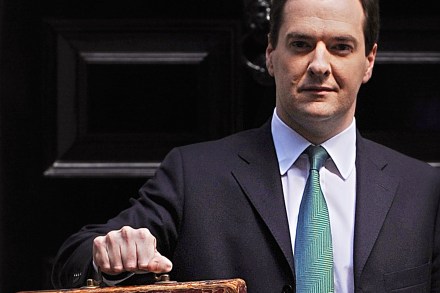Mind your language | 10 July 2010
Mr Nick Clegg attracted some mockery recently by using the words cuts and progressive in the same sentence. Mr George Osborne, in his Budget speech, said: ‘We are a progressive alliance governing in the national interest.’ Some accused them of using the word progressive because it meant nothing. In reality progressive means several things. Usage slides from one to another. Thus Mr Clegg had spoken in the same interview about reduced taxes for the poor (or, rather, ‘people on lower incomes’). Taxation which increases according to income is called progressive taxation. This appeals to progressive-minded people. The latter sense is the most slippery. Fortunately, the Oxford English Dictionary last month









